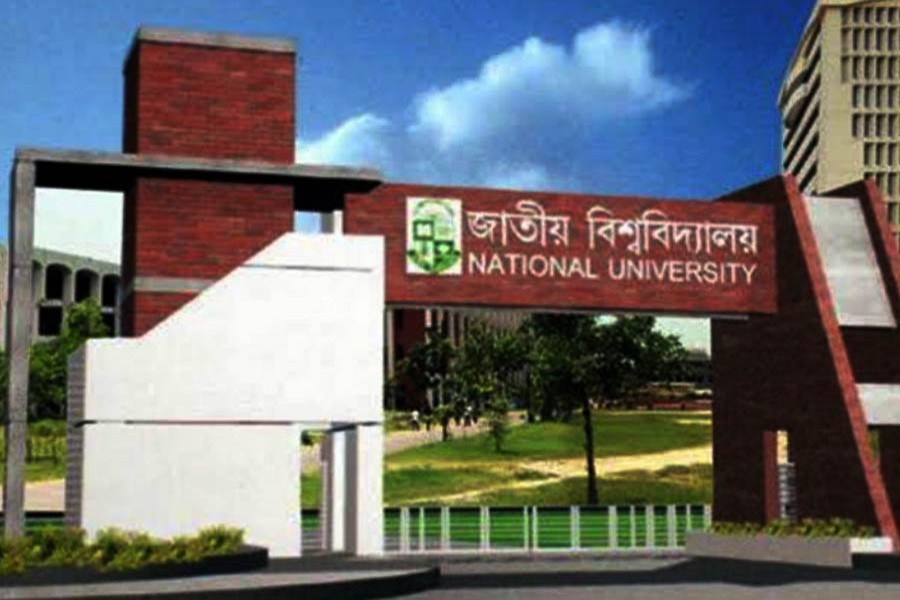Employers do not find the quality of the graduates of National University, Bangladesh (NUB) up to the mark; which is way a good number of them are deprived of decent jobs and also face the risk of unemployment, according to a study.
Consequently, some 70 per cent of the employers suggested that NUB students improve their skills in five areas- computers/ICT skill, English language proficiency, communication skill, presentation skill and (e) technical knowledge, the study disclosed.
The study, conducted by the Bangladesh Institute of Development Studies (BIDS), revealed the employers' view that the NUB graduates lag far behind their counterparts of other public universities in competence and quality.
Among all types of organisations, the government-owned ones employ a higher percentage (39.14 percent) of NUB graduates, the study said.
Trusts or foundations employ the least number of NUB graduates.
The share of NUB graduates' employment is about one fifth in the private-owned companies, the study also found.
As many as 1.8 million students are now enrolled in 1,862 colleges affiliated with the NUB, a World Bank (WB) study showed, citing data of Bangladesh Bureau of Education Information and Statistics.
The NUB graduates account for 68 per cent of the total students pursuing higher education, the WB study revealed.
The BIDS study said the employers also found poor educational quality and lack of practical communication skills among the NUB graduates.
The study also found that teachers' absenteeism and student politics hamper academic environment and lay a negative impact on their studies.
The employers also underlined the need for developing practical ICT skills which are essential in the contemporary job arena, the study mentioned.
The study released on December 23, 2019 aims to elicit the satisfaction level of the potential employers about NUB graduates' skills and employability.
The study was conducted on students who had their education in 757 colleges under the NUB, with honors and master's courses.
The team conducted random study on 10 per cent of the students of the colleges.
It interviewed 200 employers of different government and non-government organisations.
College Education Development Project (CEDP) aims to improve the teaching and learning environment of the NUB-affiliated tertiary colleges.
Talking to the FE, Dr Minhaj Mahmud, a senior research fellow of the BIDS, who also led the study team, said short courses on various skills including soft-skill development need to be arranged in order to improve the job-related education.
Job fairs should be organised every year preferably in the district level, in association with the industrial sector, he said.
Fund should be raised for setting up laboratories and research and IT facilities wherever appropriate, Mr Mahmud added.


